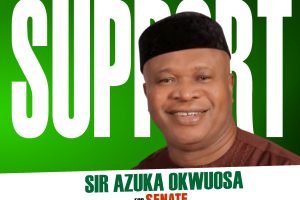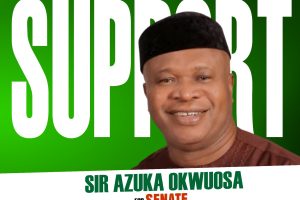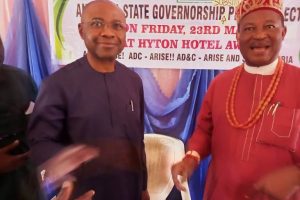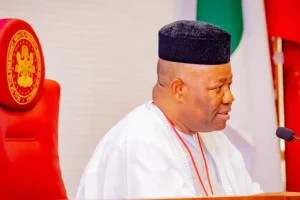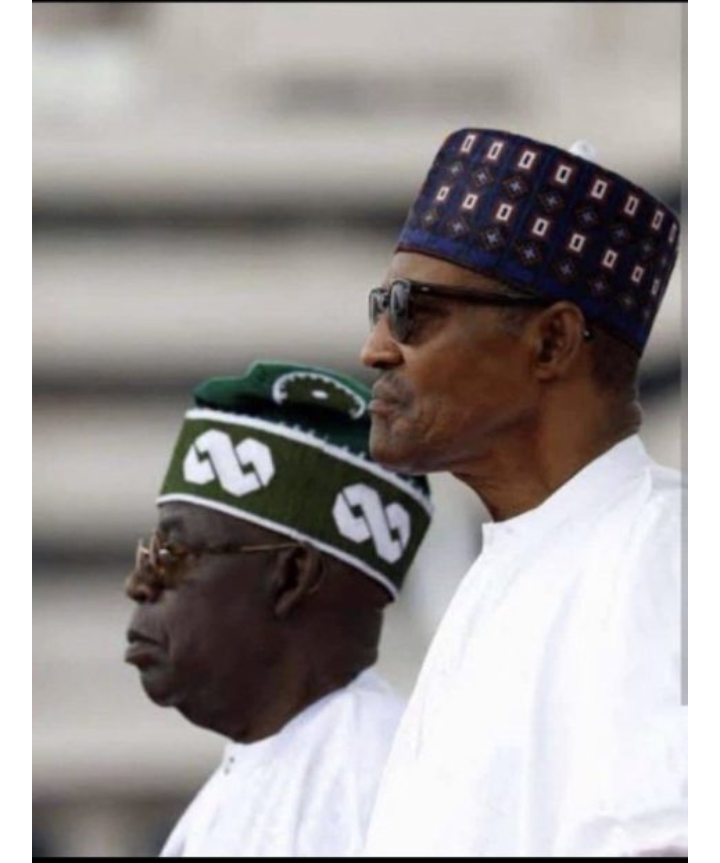
Former Attorney General of the Federation and Minister of Justice, Abubakar Malami (SAN), has issued a stinging rebuke of the ruling All Progressives Congress (APC), accusing the party of neglecting Nigeria’s worsening socio-economic crises in favour of early political maneuvering for the 2027 general elections.
Speaking during the Second Expanded Meeting of the National Political Consultative Group (North), held in Abuja on Sunday, May 25, 2025, Malami expressed dismay at the APC’s recent summit, where the party formally endorsed President Bola Ahmed Tinubu for a second term—despite widespread public dissatisfaction and two years still remaining in his first term.
Malami, who served as Nigeria’s chief legal officer during the Muhammadu Buhari administration, criticised the endorsement as “insensitive” and “misplaced,” arguing that the focus should instead be on solving urgent issues such as insecurity, economic collapse, and deepening poverty, particularly in the northern region.
“Just a few days ago, the ruling party held its national summit. Instead of confronting serious problems such as banditry, inflation, and food insecurity, it chose to endorse President Tinubu for a second term. This is a distraction from the real priorities,” Malami stated.
He further condemned some of the current administration’s policies, particularly the removal of fuel subsidy, which he said was carried out without adequate planning, leading to skyrocketing transportation and commodity prices. He also cited border mismanagement as another policy failure that has crippled agricultural productivity in the north.
Northern Leaders Decry Marginalisation, Insecurity, and Poor Governance
A communique issued at the end of the meeting, signed by former Secretary to the Government of the Federation, Babachir Lawal, captured the collective frustrations of northern political leaders. The group lamented what it described as the escalating insecurity, which has contributed to the collapse of rural economies, increased school dropouts, and a humanitarian crisis across many northern states.
“The entire region is now grappling with widespread fear, hunger, and unemployment. The primary and secondary education systems are on the verge of collapse due to frequent attacks and displacements,” the communique noted.
The meeting drew participation from key political figures across Nigeria’s 19 northern states and the Federal Capital Territory (FCT). Notable southern politicians, including Peter Obi, Rotimi Amaechi, and Rauf Aregbesola, also sent goodwill messages in solidarity, signalling a potential cross-regional political alliance.
Key Resolutions from the Consultative Group
The National Political Consultative Group resolved as follows:
- The North must not allow itself to be driven by fear or emotions, but must be guided by facts, knowledge, and strategic unity in political decisions.
- A new political platform that will protect and promote northern interests should be urgently unveiled.
- Elected officials who make decisions—such as endorsing candidates—without consulting their constituents must be sanctioned to restore democratic accountability.
- Industrialisation and productivity across all sectors should be prioritised as part of a broader economic recovery plan for the region.
- Future political support from the region will be contingent upon binding agreements to safeguard northern interests, regardless of where a candidate hails from.
- Committees will be established to drive the implementation of all resolutions made at the meeting.
In closing, Malami and other northern stakeholders emphasised that leadership must return to being service-oriented, grounded in equity, justice, and responsiveness to the needs of the people not personal ambition or political opportunism.


